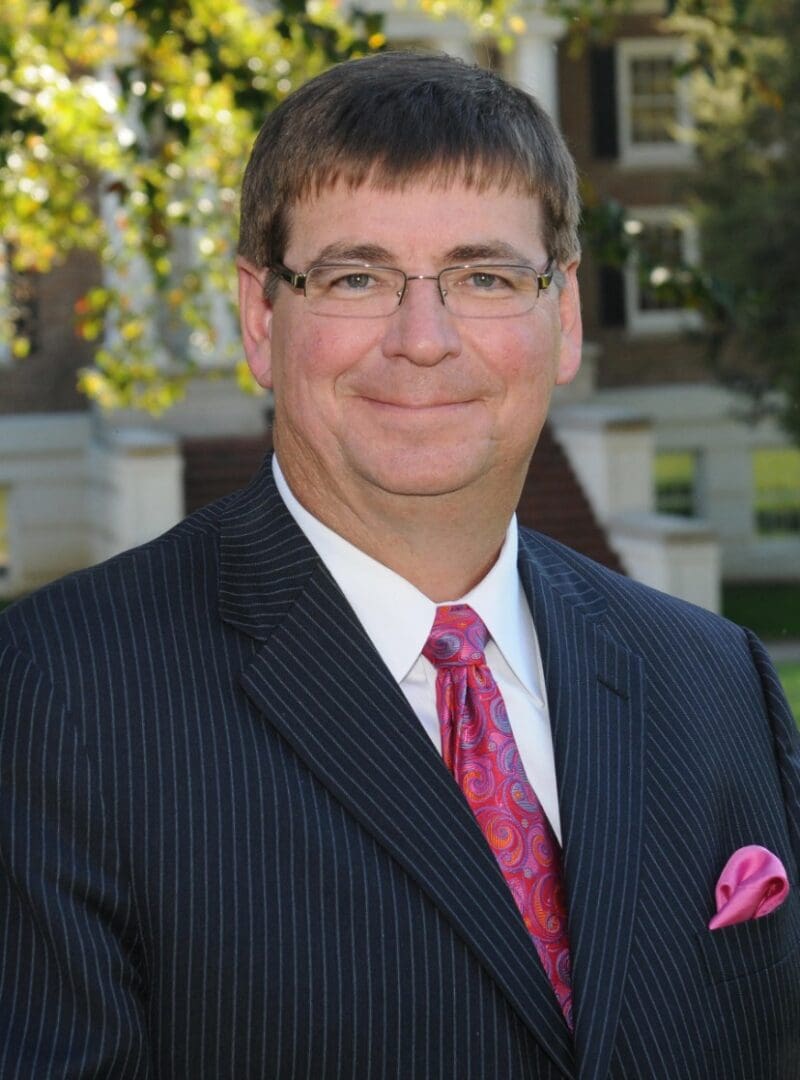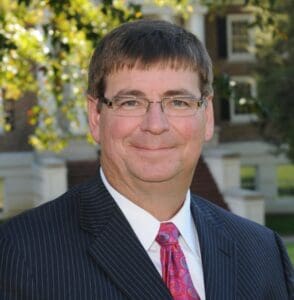Grant will assist graduate students who focus on serving mental health needs of Central Appalachia.
COLUMBIA, KY. (07/22/2025) A $2 million grant from the U.S. Department of Health and Human Services to Lindsey Wilson University will help meet the mental health needs of Central Appalachia by expanding the number of the region’s mental health counselors.
The grant will assist graduate students in the Lindsey Wilson School of Professional Counseling with their practicum and internships, providing a stipend to the students and to the program’s community partners. Graduate students in Lindsey Wilson’s nationally accredited master of education degree in counseling program are required to log 750 hours in their practicum and internships, which often presents economic challenges to students because most of them work full-time and are family caretakers.
The Lindsey Wilson School of Professional Counseling works with communities in six states, especially in Appalachia, to meet their mental health needs by educating qualified professional mental health counselors to serve their communities.
“This is great news for Lindsey Wilson’s nationally ranked graduate program in counseling, but it’s even better news for the residents of Central Appalachia because this grant will help meet the mental health needs of their communities,” said Lindsey Wilson President William T. Luckey Jr.
The $2 million U.S. Department of Health and Human Services grant will support 12 Lindsey Wilson graduate students a year. When the grant is completed, it will have helped expand the behavioral health workforce in Kentucky and West Virginia by preparing 48 new clinical mental health counselors, who will be trained to provide integrated behavioral health care, particularly for children, adolescents and young adults.
A recent study by the Health Resources and Services Administration reported that the Appalachian region has about 130 mental health providers for every 100,000 residents, which is about 35% lower than the national average.
“The bottom line is that this grant will help our graduate program increase the number of qualified mental health care professionals who can serve Appalachia,” said Lindsey Wilson human services and counseling professor Patricia Stewart-Hopkins.
Fellow Lindsey Wilson human services and counseling faculty member Hannah Coyt said that the stipends that will be made available through the federal grant will benefit not only Lindsey Wilson graduate students but the region they serve in many ways.
“Oftentimes, students have to stop working at least full-time when they are working on their practicum and internships,” said Coyt. “This grant will benefit our community partners because it’s going to provide stipends for them as well.”
Coyt and Stewart-Hopkins, who are both Appalachian natives, said the value of training area residents to address local mental health needs is especially important.
“Having students from those communities serve their practicum and internships in those communities makes them more relatable to the people that they’re serving, which helps with the de-stigmatization around mental health,” said Stewart-Hopkins.
Lindsey Wilson University is a vibrant liberal arts university in Columbia, Kentucky. Founded in 1903 and affiliated with The United Methodist Church, the mission of Lindsey Wilson is to serve the educational needs of students by providing a living-learning environment within an atmosphere of active caring and Christian concern where every student, every day, learns and grows and feels like a real human being. Lindsey Wilson offers 28 undergraduate majors, five graduate programs and a doctoral program. The university’s 29 intercollegiate varsity athletic teams have won more than 120 team and individual national championships.

“This is great news for Lindsey Wilson’s nationally ranked graduate program in counseling, but it’s even better news for the residents of Central Appalachia because this grant will help meet the mental health needs of their communities,” said Lindsey Wilson University President William T. Luckey Jr. of the $2 million grant from the U.S. Department of Health and Human Services to the school.
(Duane Bonifer – Lindsey Wilson University)


